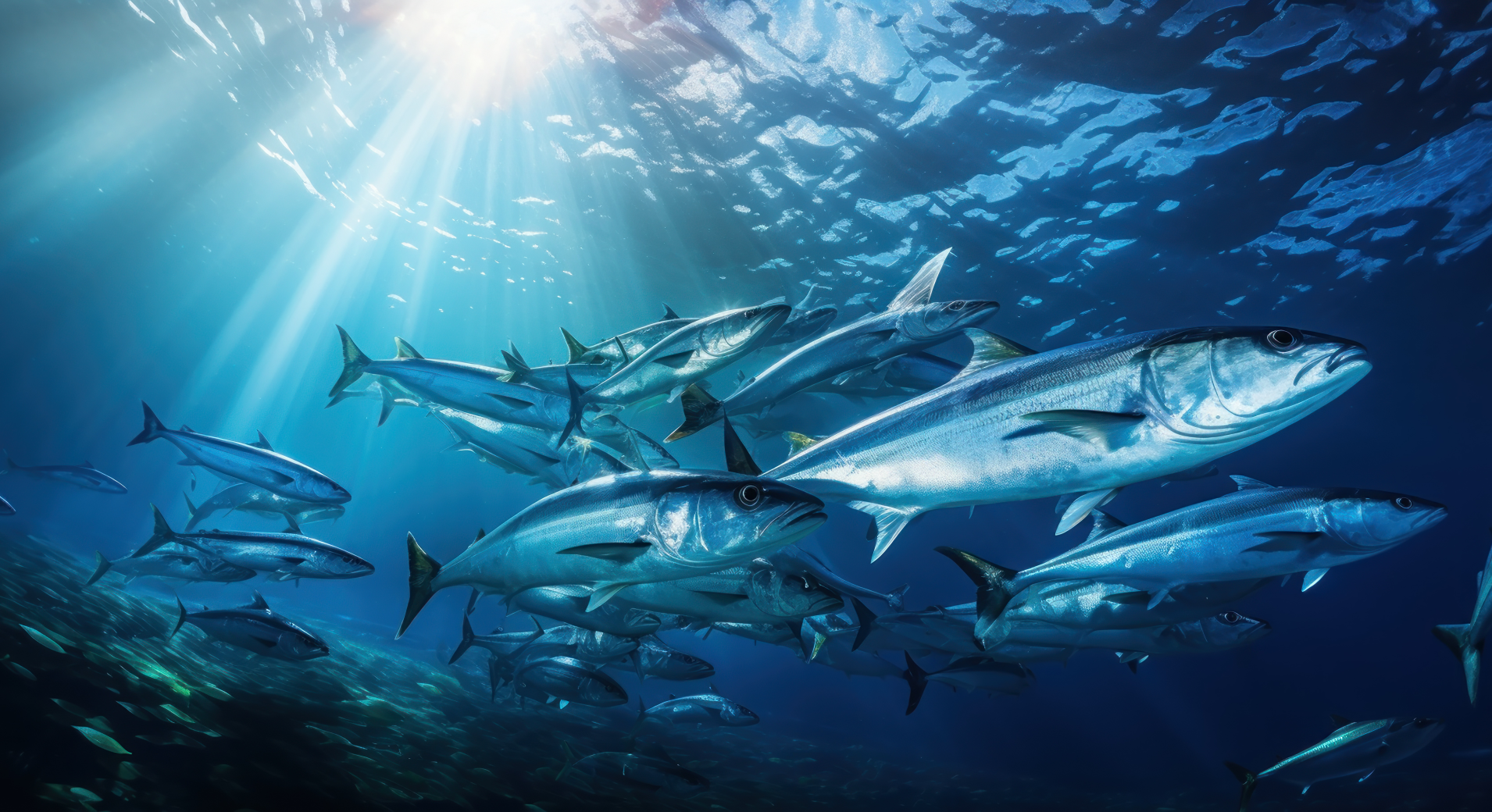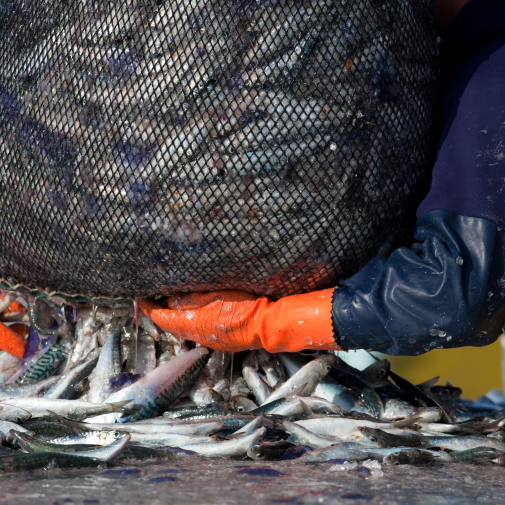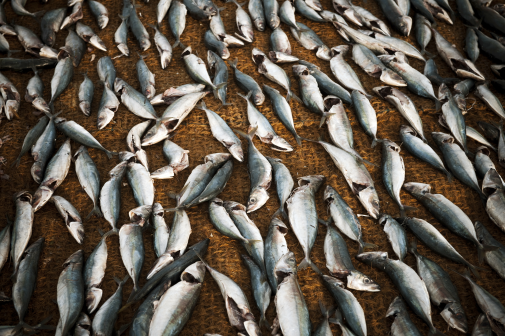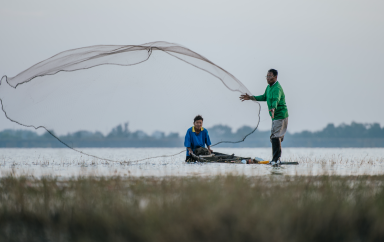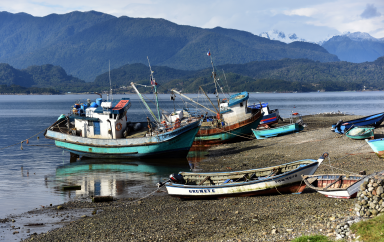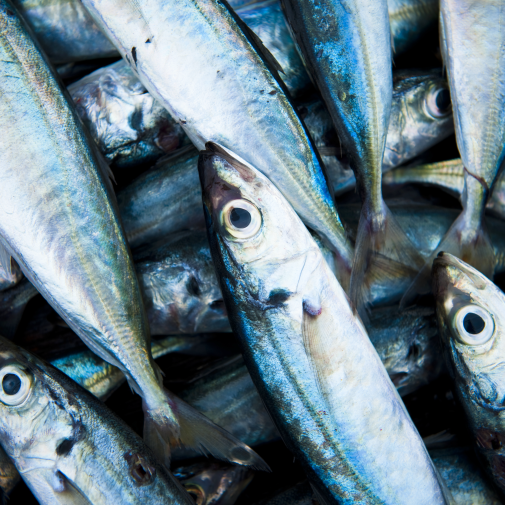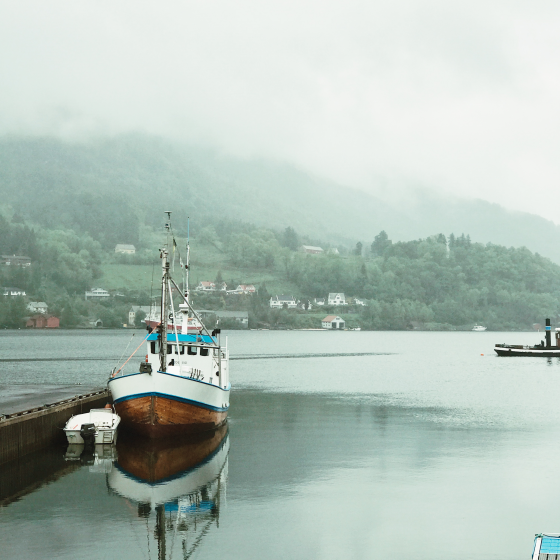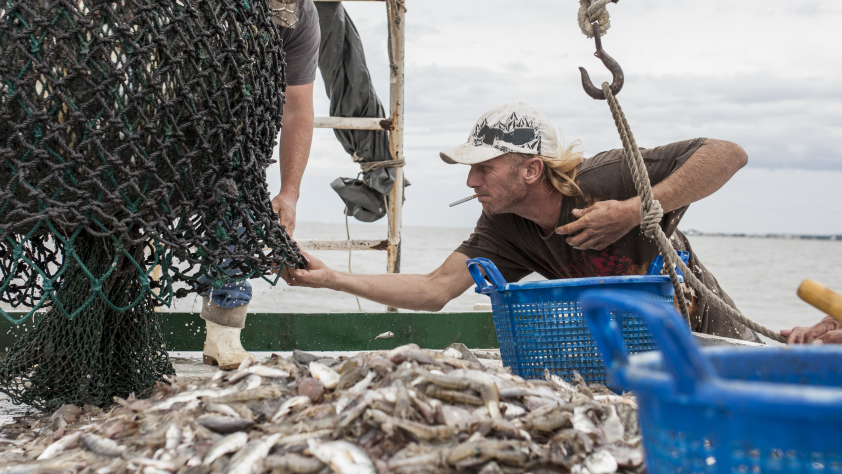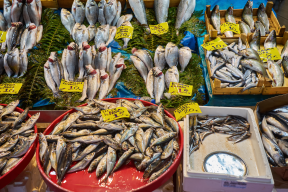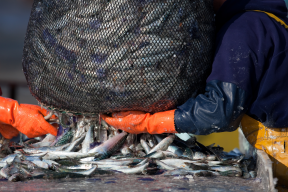We offer a variety of educational programs and workshops aimed at informing the public about the challenges of overfishing and its far-reaching consequences. These interactive sessions cover topics such as sustainable fishing methods, the importance of marine biodiversity, and the economic impacts of overfishing on local communities. By engaging participants in meaningful discussions and hands-on activities, we aim to foster a deeper understanding of ocean health and inspire collective action.
Worldwide, 90% of the stocks of large predatory fish, such as sharks, tuna, marlin, and swordfish, are already gone!

Overfishing: The Silent Crisis of Our Oceans
The Impacts of Overfishing
If we do not take immediate action to halt overfishing and adopt sustainable fishing practices, we risk losing the seafood we cherish by the year 2048. This potential crisis could lead to severe ecological imbalances, a collapse of global fish stocks, and significant socioeconomic repercussions for coastal communities and industries reliant on healthy marine life.
High Demand for Seafood
Unsustainable Fishing Practices
The Need for Collective Action
Educate and Raise Awareness
Support Sustainable Seafood Choices
Advocate for Policy Change

Economic Consequences of Overfishing
Overfishing and Marine Biodiversity
Blue Harmony’s Initiatives to Combat Overfishing
Upcoming
Overfishing Events

